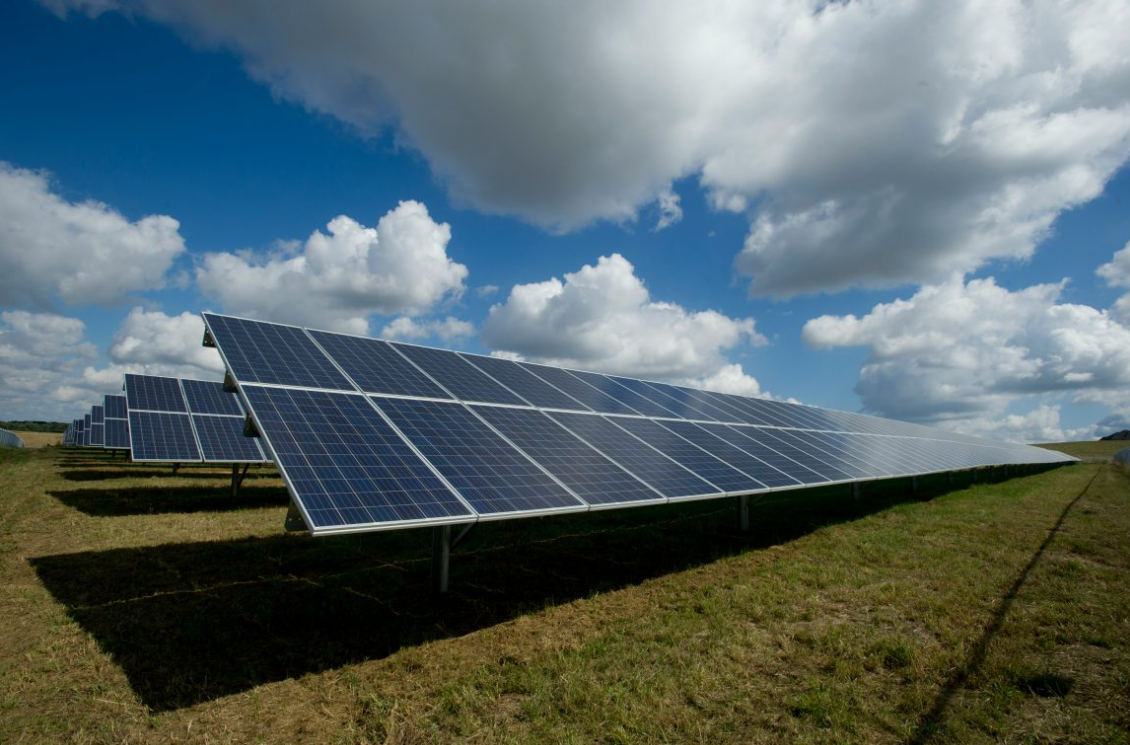Hohm Energy, a South African climate-tech startup, has filed for voluntary liquidation with the Companies and Intellectual Property Commission (CIPC), under the Department of Trade, Industry, and Competition. On Monday, the company informed its creditors that those with claims exceeding R1,000 ($56.66) are eligible to nominate a liquidator.
The startup ceased its operations in August 2024 due to financial difficulties, including challenges in repaying its debts. Earlier in February 2024, Hohm Energy had secured $8 million in seed funding to support its climate fintech strategy, focusing on technological advancements, product innovation, and enhancing the skills of solar installers.
However, Hohm’s parent company, Spark Energy, clarified misunderstandings regarding the funding. Spark Energy’s CEO, Franc Gray, confirmed that the raised capital was secured by Spark and was distributed over a two-and-a-half-year period.
“Spark raised $8 million, but that was really over a period of two-and-a-half years,” he added. Furthermore, he highlighted that, “Hohm is obviously a major benefactor of that funding, but it wasn’t the only benefactor, and the money wasn’t just raised to come into a South African entity called Hohm Energy.”
Gray explained that Hohm was a key beneficiary of the funds but emphasized that the capital was not solely intended for Hohm Energy, as it was not the only benefactor. He further noted that the company faced difficulties after preparing for increased demand for solar products due to South Africa’s severe load-shedding, but a reduction in load-shedding towards the end of 2023 and into 2024 diminished the expected demand.
This was echoed by a study from ABSA bank, which indicated that demand for alternative energy solutions had declined in the second quarter of 2024.
Founded in 2021 by Tim Ohlsen and Emir Gluhbegovic, Hohm Energy provided solar solutions to homeowners and businesses in South Africa, offering access to accredited solar installers, product suppliers, and solar financing options. Its proprietary platform connected various stakeholders in the solar value chain, allowing installers to design, manage, and finance projects while enabling customers to assess their needs and obtain financing for rooftop solar installations.




